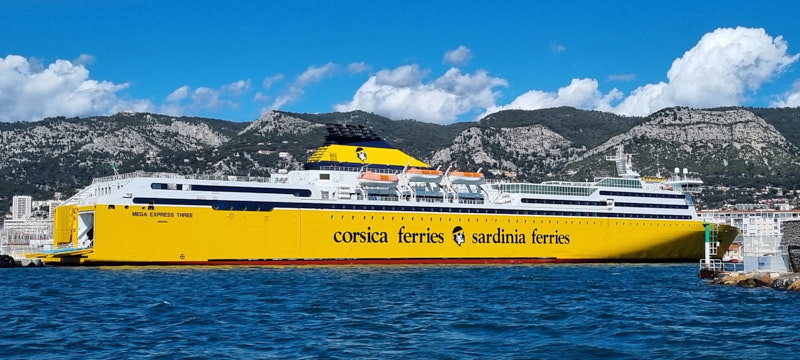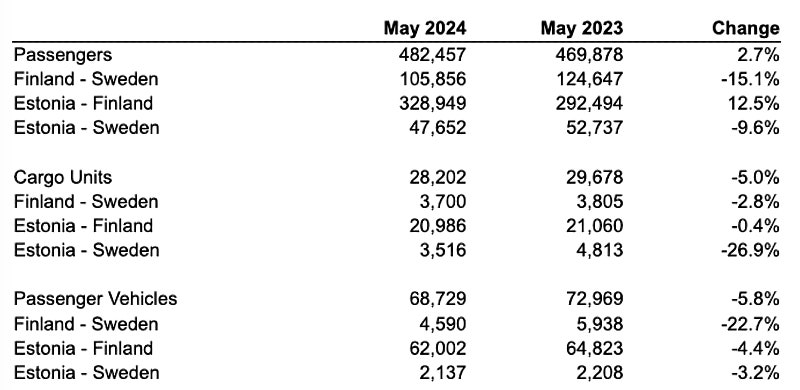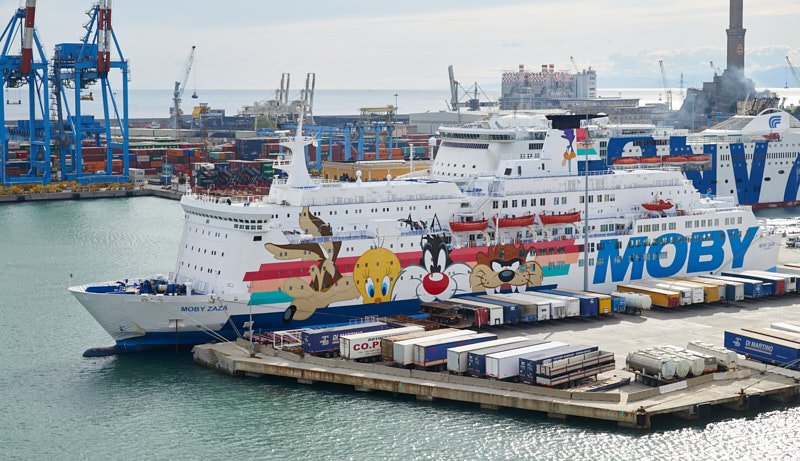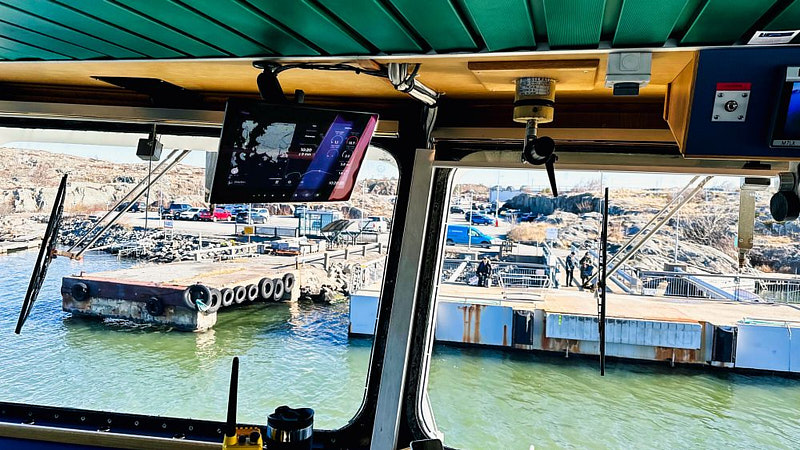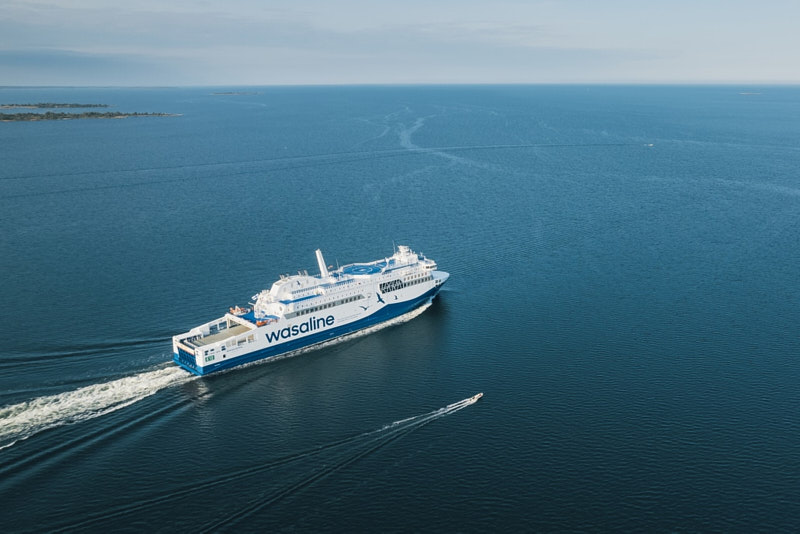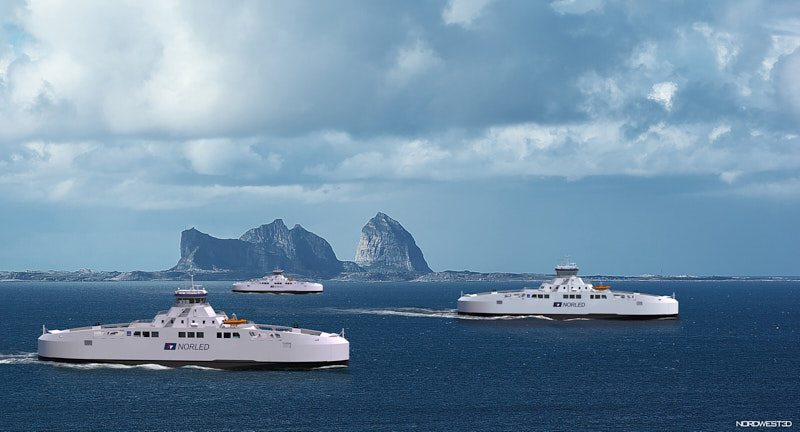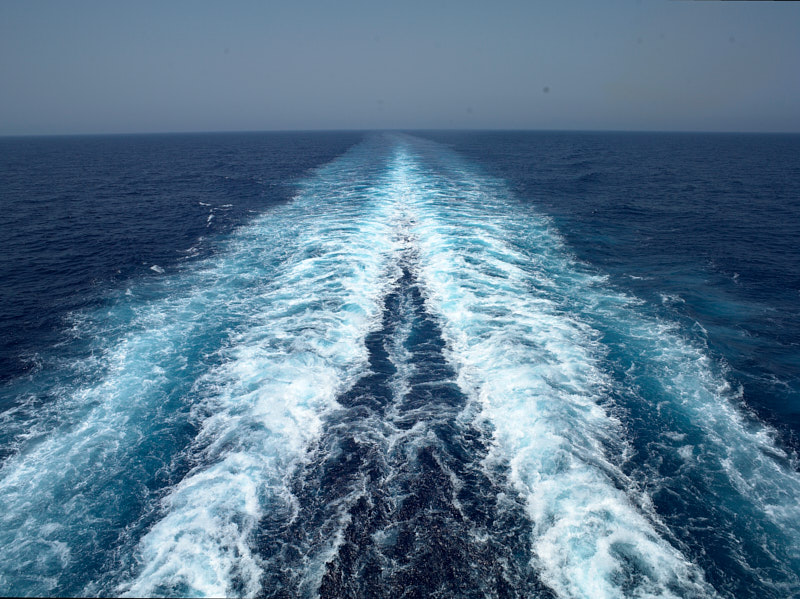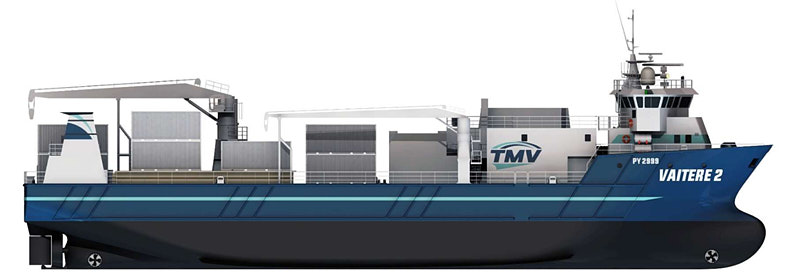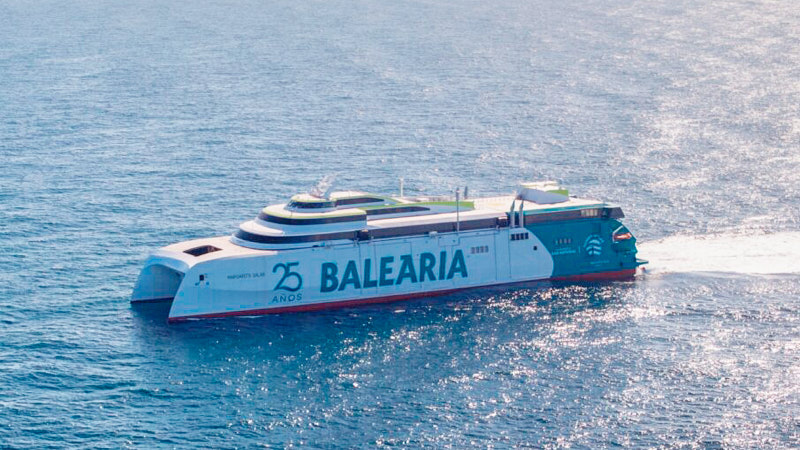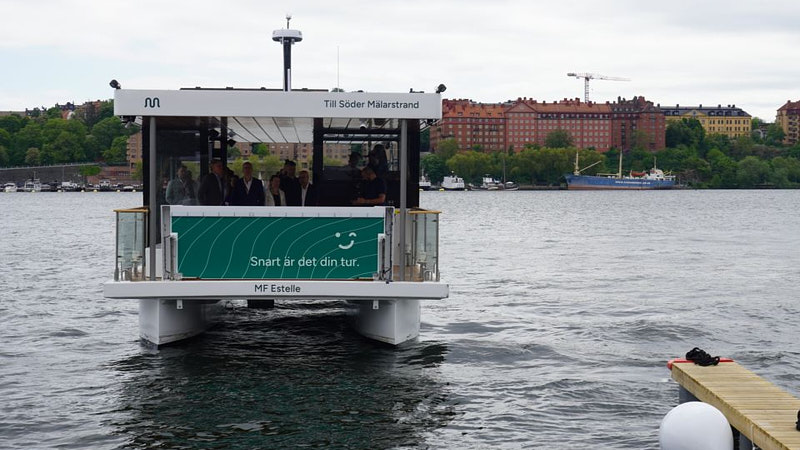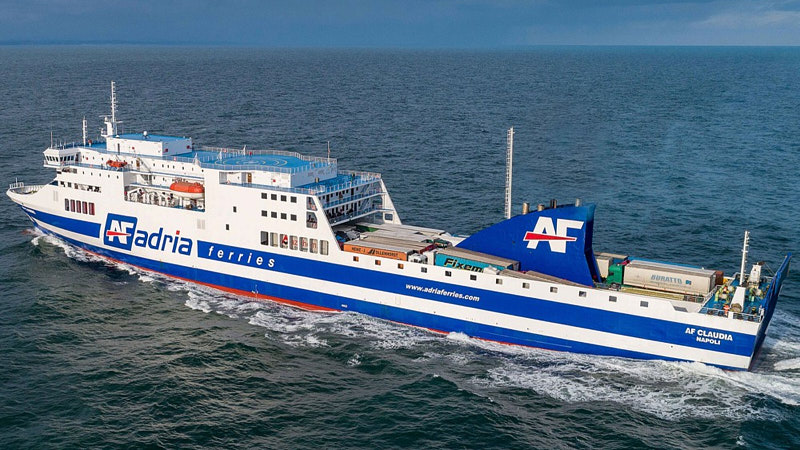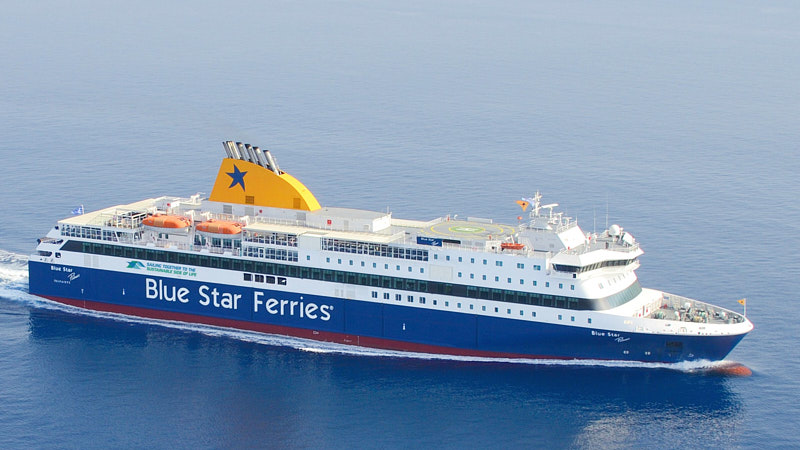In 2023, Corsican ports and airports handled 8.2 million passengers, excluding cruise passengers.
Overall traffic was down slightly (-0.6%) compared with 2022. This downturn is attributable to the fall in the number of air passengers (-1.5%).
In the maritime sector, excluding cruise passengers, traffic has not fully recovered its 2019 level (-2.1%), but increased slightly (+0.5%) in 2023 (compared to 2022).
The increase (+12%) in the number of incoming cruise passengers compared with 2022 confirms the recovery in cruise activity.
The tonnage of goods entering Corsica by sea, after recovering its 2019 level in 2022, shows a drop of 7.3% in 2023 mainly due to a reduction in incoming oil products (-17%).
On the other hand, commercial air freight transport grew by 11% in 2023.
Source: Corse Déveloopement (in French)
